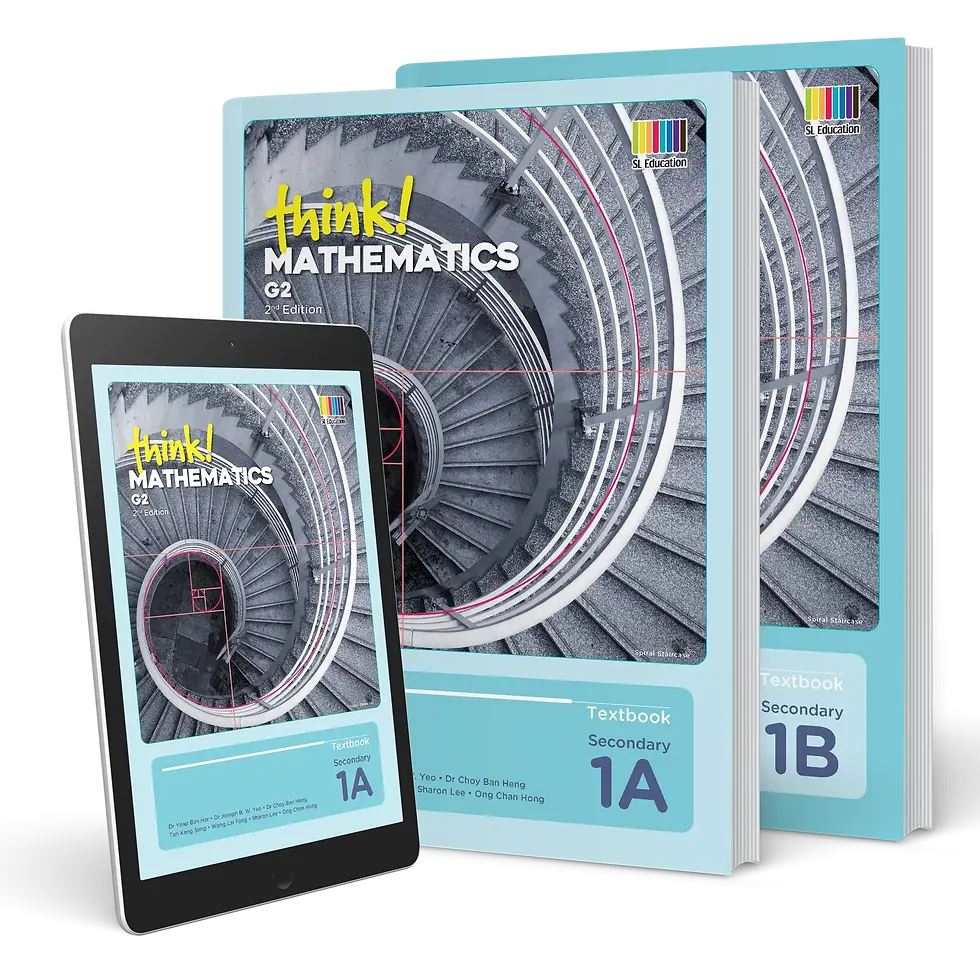In the past, problem solving was an afterthought as it was not ever really thought to be much of a benefit to children learning Mathematics. But when children are presented with a problem connected to real world usage, this means the child can see how mathematics is used in real life situations. Also giving children instructions that are explicit about the problem this will allow them to develop the ability to use strategies in their thought rather than in an automatic way.
Giving children opportunities to talk about a mathematical problem within a group setting or with an instructor, allows children to use their reasoning skills. This can especially help children to make connections when asking for them to support their ideas and claims on which way to solve these problems through discussions or debate. Getting children comfortable to do this requires careful coaching on the part of the instructor to make sure there are respectful conversations to gain beneficial results.
It can be extremely helpful to have a curriculum that allows tasks or exercises flexibility to be modified as you can then meet the needs of children with different skill sets. As well giving time for children to reflect on their learning, this can allow for students to make connections of new concepts and knowledge to what they have learnt. This will then allow them to find strategies that will help them solve mathematical problems. When time is poor, the reflection part is the first thing instructors drop but if children have this time, then they will connect their learning to better strategies to solve these mathematical problems.
Abstract learning focuses on acquiring knowledge about a concept and then categorise these concepts. It is a cognitive skill that allows the child to understand complex ideas, making connections between seemingly unrelated concepts and solving problems. Children will encounter a new problem and they will reflect on the experience or knowledge. This reflection leads to innovative ideas or modifications on existing knowledge, then children will apply these ideas to solving the problem. Therefore, students require time to go through this thought pattern to develop innovative ideas and skills.
Another power tool that can give meaningful understanding of mathematical concepts and improve problem solving is the use of mathematical manipulatives. Manipulatives transform abstract mathematical concepts into concrete visual images so when children can physically maneuver these manipulatives, they can gain a better understanding of mathematical concepts. As manipulatives can be touched, seen and interacted with, this allows children to reinforce their learning through multiple senses. Children can use manipulates in many ways to find new ways to solve mathematical problems.
Investing in books, curriculum, manipulatives, and other materials but giving sufficient time is the key thing children require to select the best strategies to solve mathematical problems.
If you are looking for a mathematical program that focus on problem solving to develop their mathematical thinking that makes it easier for children to grasp difficult concepts, then Shing Lee Think! Mathematics Primary or Secondary (Singapore Mathematics) will do this. The curriculum places a strong emphasis on problem solving rather than relying on rote memorisations, it encourages children to think critically, visualise concepts, recognise patterns and make informed decisions.
Mathematics is taught by gradually introducing concepts through the concrete-pictorial-abstract approach. This method follows a three-step method: concrete, pictorial and abstract (CPA). Students first make sense of new concepts through hands-on experiences (concrete), these experiences are then linked to visual representations through images or diagrams related to a given problem (pictorial). Then lastly an abstract mathematical concept is used once the child has a firm understanding of the concept (abstract). In using C-P-A approach it offers multiple representations to allow the child to gradually build their understanding and ultimately achieve mastery in the abstract. Having multiple representations ensures that the different learning styles of all students are catered for.
This curriculum builds a solid foundation, so it ensures mastery of fundamentals skills before moving to more complex topics. As well prevents gaps in learning and allows concepts to be revisited as needed. Students are encouraged to embrace challenges, learning through mistakes and positive attitude toward learning contributes to the child's success in math. Core principle in Singapore Mathematics is mentals mathematics where children learn effective calculation techniques that enhances the overall fluency and problem abilities.
Singapore children consistently rank among the top countries in the international mathematics assessments and outperform their peers globally. Educators worldwide can learn from these principles to improve children's achievement in STEM subjects.





Comments